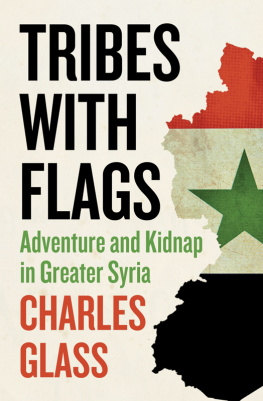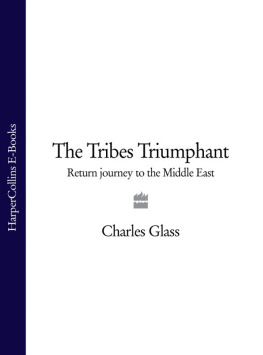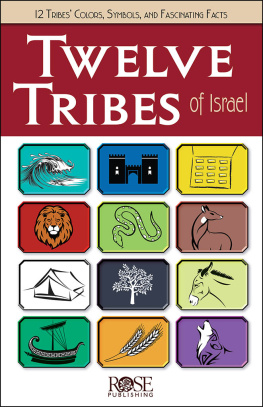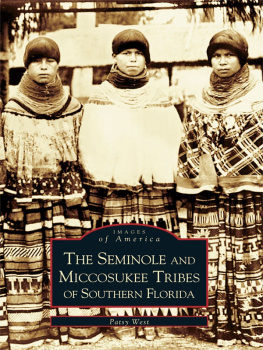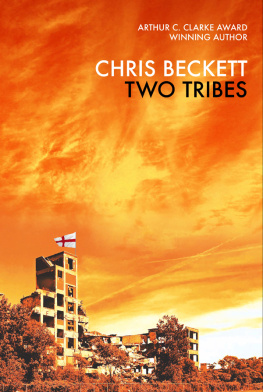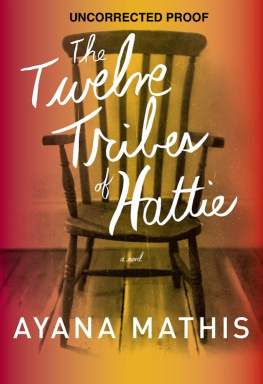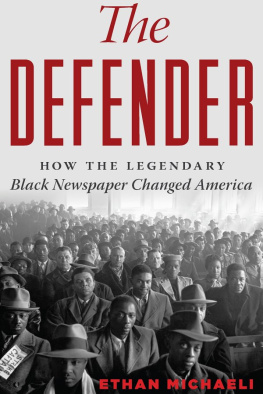Ethan Michaeli - Twelve Tribes: Promise and Peril in the New Israel
Here you can read online Ethan Michaeli - Twelve Tribes: Promise and Peril in the New Israel full text of the book (entire story) in english for free. Download pdf and epub, get meaning, cover and reviews about this ebook. year: 2021, publisher: HarperCollins, genre: Home and family. Description of the work, (preface) as well as reviews are available. Best literature library LitArk.com created for fans of good reading and offers a wide selection of genres:
Romance novel
Science fiction
Adventure
Detective
Science
History
Home and family
Prose
Art
Politics
Computer
Non-fiction
Religion
Business
Children
Humor
Choose a favorite category and find really read worthwhile books. Enjoy immersion in the world of imagination, feel the emotions of the characters or learn something new for yourself, make an fascinating discovery.

- Book:Twelve Tribes: Promise and Peril in the New Israel
- Author:
- Publisher:HarperCollins
- Genre:
- Year:2021
- Rating:5 / 5
- Favourites:Add to favourites
- Your mark:
Twelve Tribes: Promise and Peril in the New Israel: summary, description and annotation
We offer to read an annotation, description, summary or preface (depends on what the author of the book "Twelve Tribes: Promise and Peril in the New Israel" wrote himself). If you haven't found the necessary information about the book — write in the comments, we will try to find it.
An illuminating and richly descriptive (New York Times Book Review) portrait of contemporary Israel, revealing the diversity of this extraordinary yet volatile nation by weaving together personal histories of ordinary citizens from all walks of life.
In Twelve Tribes, Ethan Michaeli proves he is a master portraitist of lives, places, and cultures. His rendering of contemporary Israel crackles with energy, fueled by a historians vision and a journalists unrelenting curiosity. Evan Osnos, New York Times bestselling author of Age of Ambition and Wildland
In 2015, Israeli President Reuven Rivlin warned that the countrys citizens were dividing into tribes: by class and ethnicity, by geography, and along lines of faith. In Twelve Tribes, award-winning author Ethan Michaeli portrays this increasingly fractured nation by intertwining interviews with Israelis of all tribes into a narrative of social and political change. Framed by Michaelis travels across the country over four years and his conversations with Israeli family, friends, and everyday citizens, Twelve Tribes illuminates the complex dynamics within the country, a collective drama with global consequences far beyond the ongoing conflict with the Palestinians.
Readers will meet the aging revolutionaries who founded Israels kibbutz movement and the brilliant young people working for the countrys booming Big Tech companies. They will join thousands of ultra-Orthodox Haredim at a joyous memorial for a long-dead Romanian Rebbe in a suburb of Tel Aviv, and hear the life stories of Ethiopian Jews who were incarcerated and tortured in their homeland as Prisoners of Zion before they were able to escape to Israel. And they will be challenged, in turn, by portraits of Israeli Arabs navigating between the opportunities in a prosperous, democratic state and the discrimination they suffer as a vilified minority, as by interviews with both the Palestinians striving to build the institutions of a nascent state and the Israeli settlers seeking to establish a Jewish presence on the same land.
Immersive and enlightening, Twelve Tribes is a vivid depiction of a modern state contending with ancient tensions and dangerous global forces at this crucial historic moment. Through extensive research and access to all sectors of Israeli society, Michaeli reveals Israel to be a land of paradoxical intersections and unlikely cohabitationa place where all of the worlds struggles meet, and a microcosm for the challenges faced by all nations today.
Ethan Michaeli: author's other books
Who wrote Twelve Tribes: Promise and Peril in the New Israel? Find out the surname, the name of the author of the book and a list of all author's works by series.


